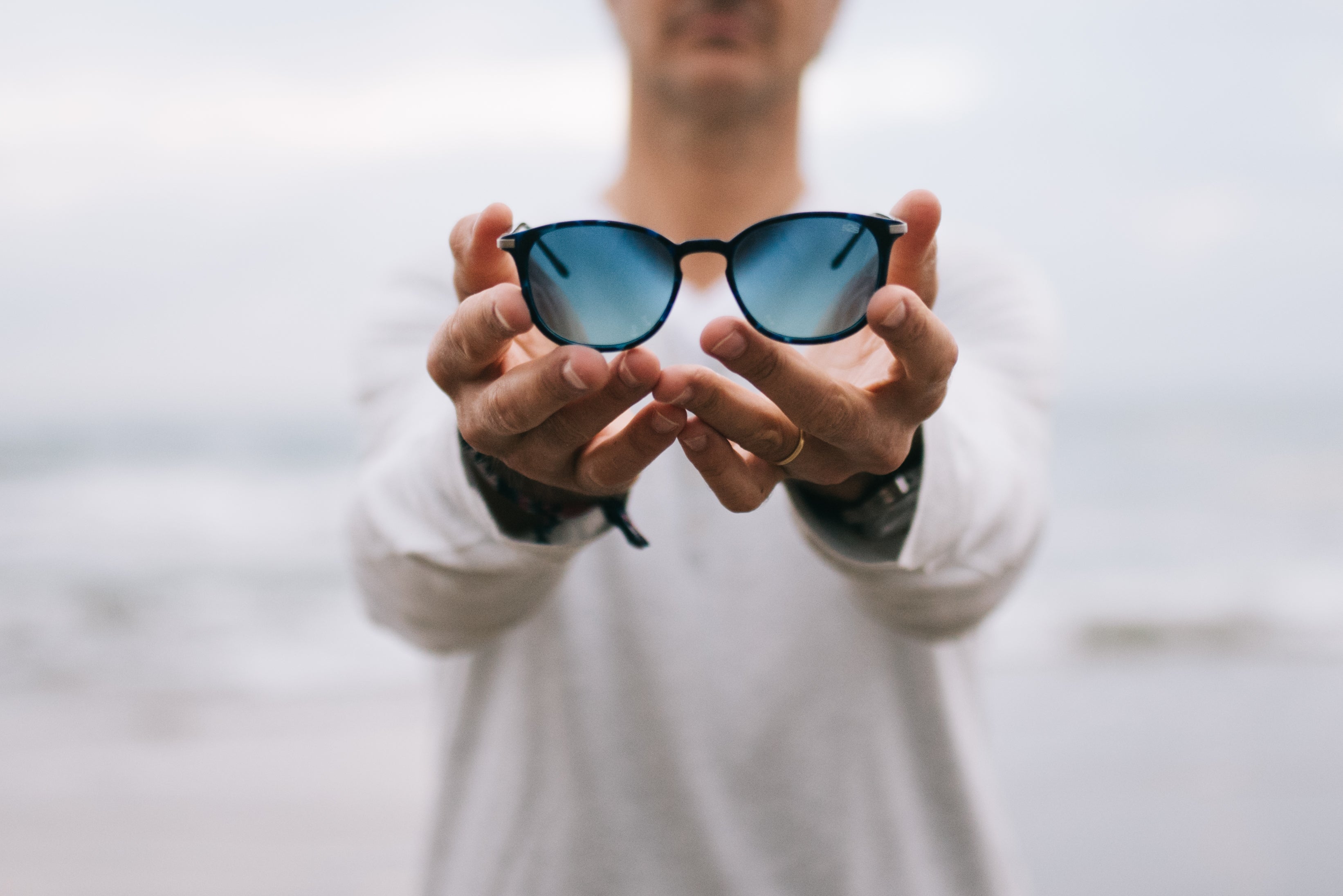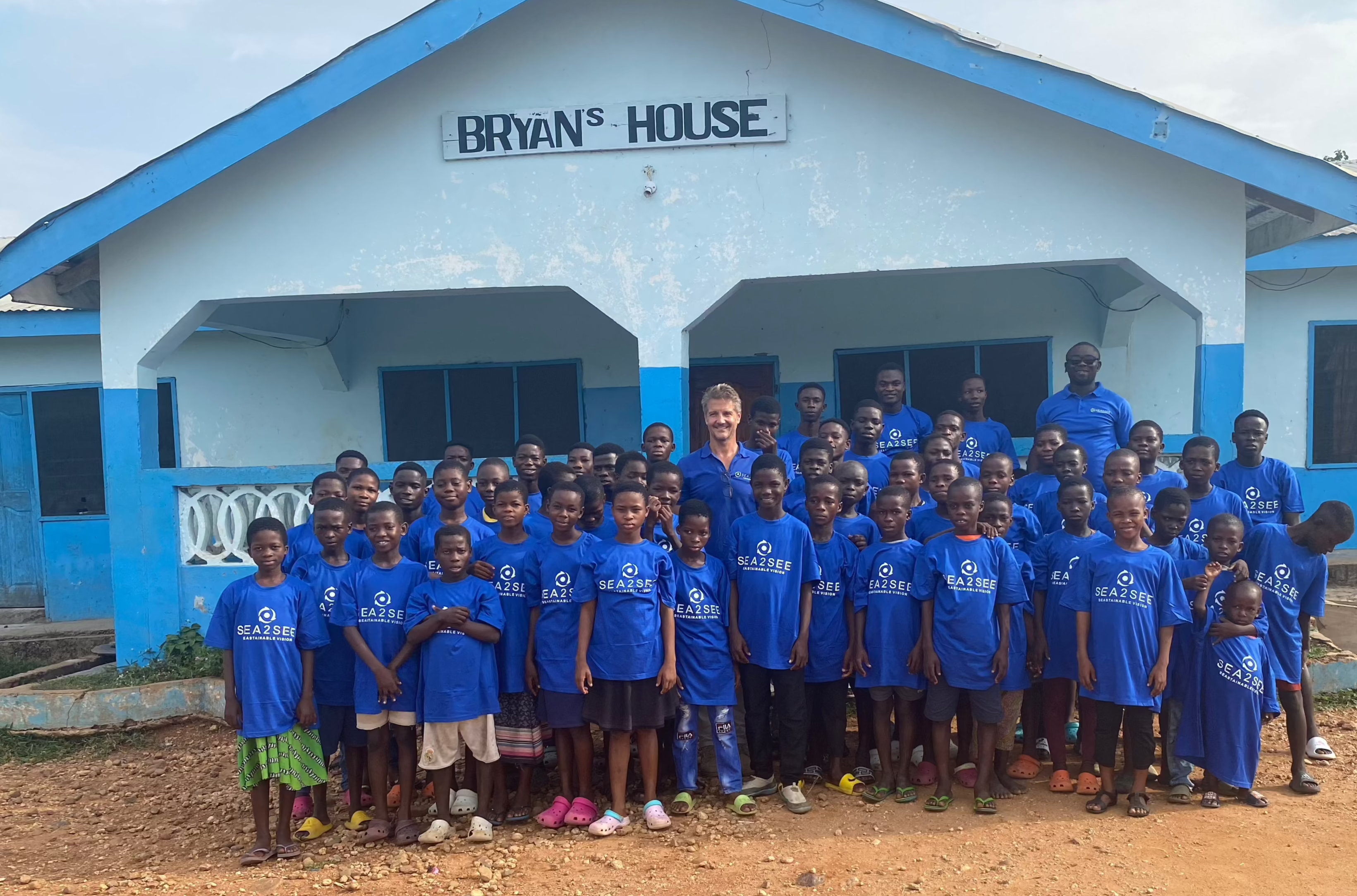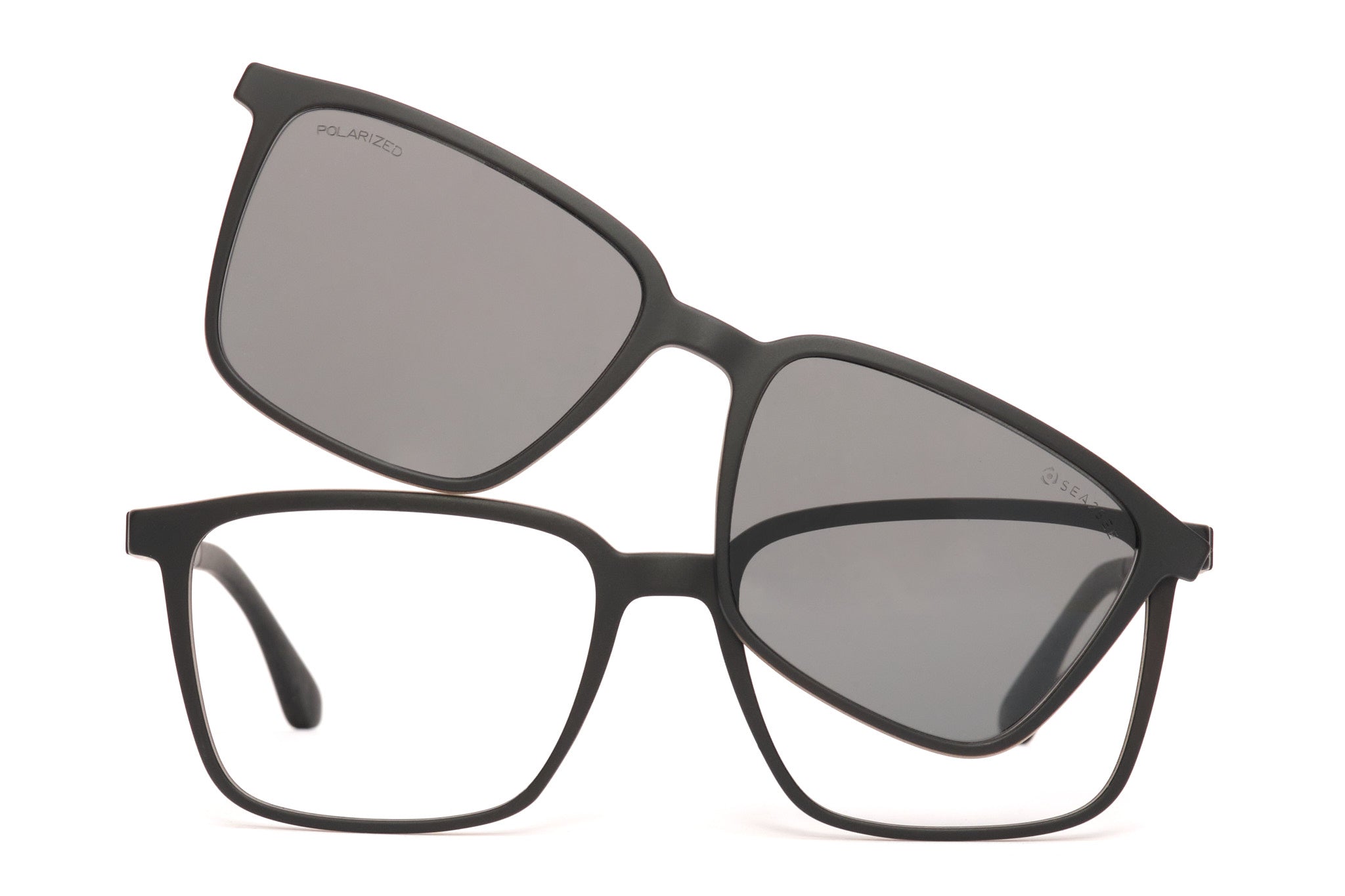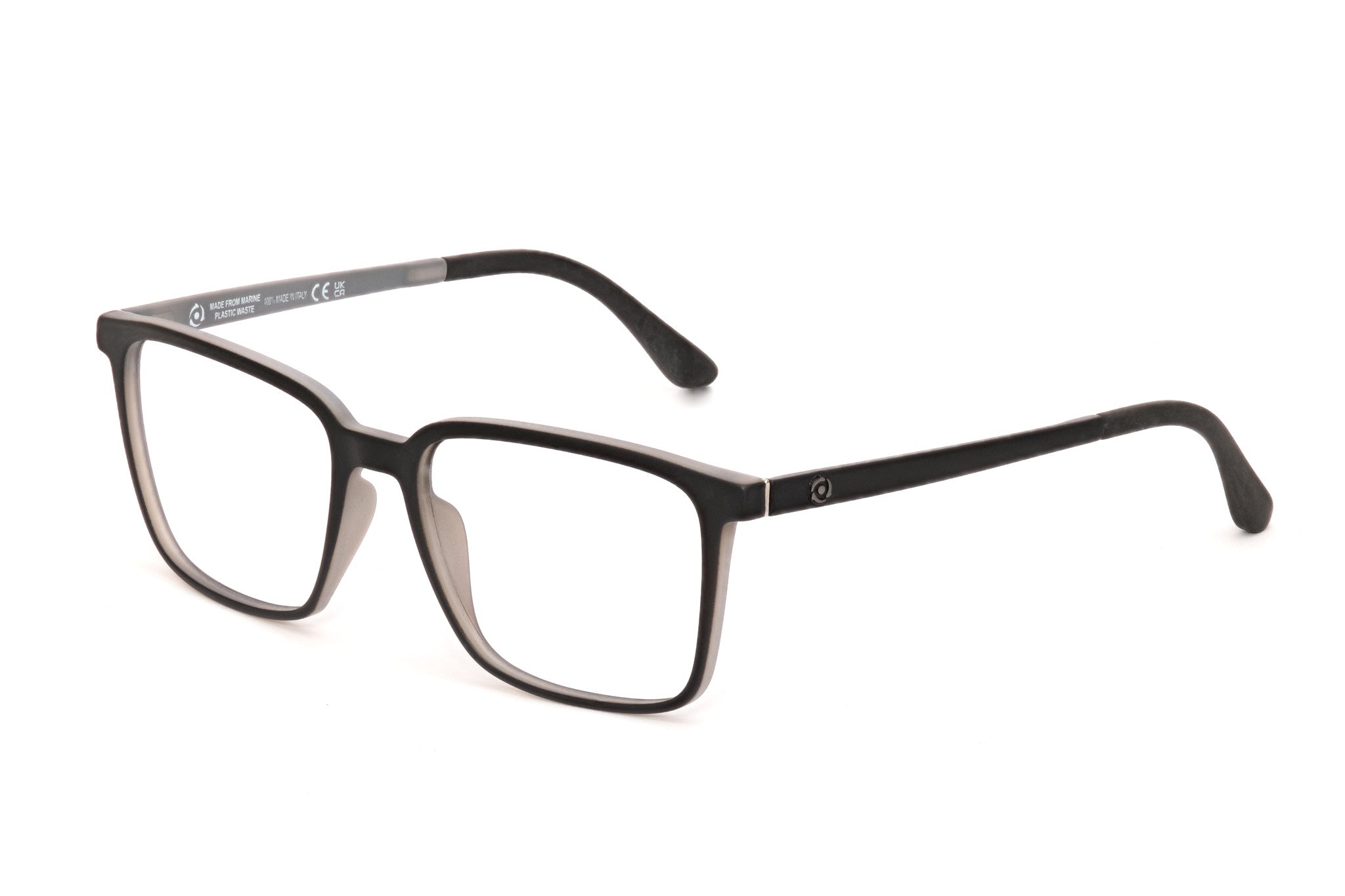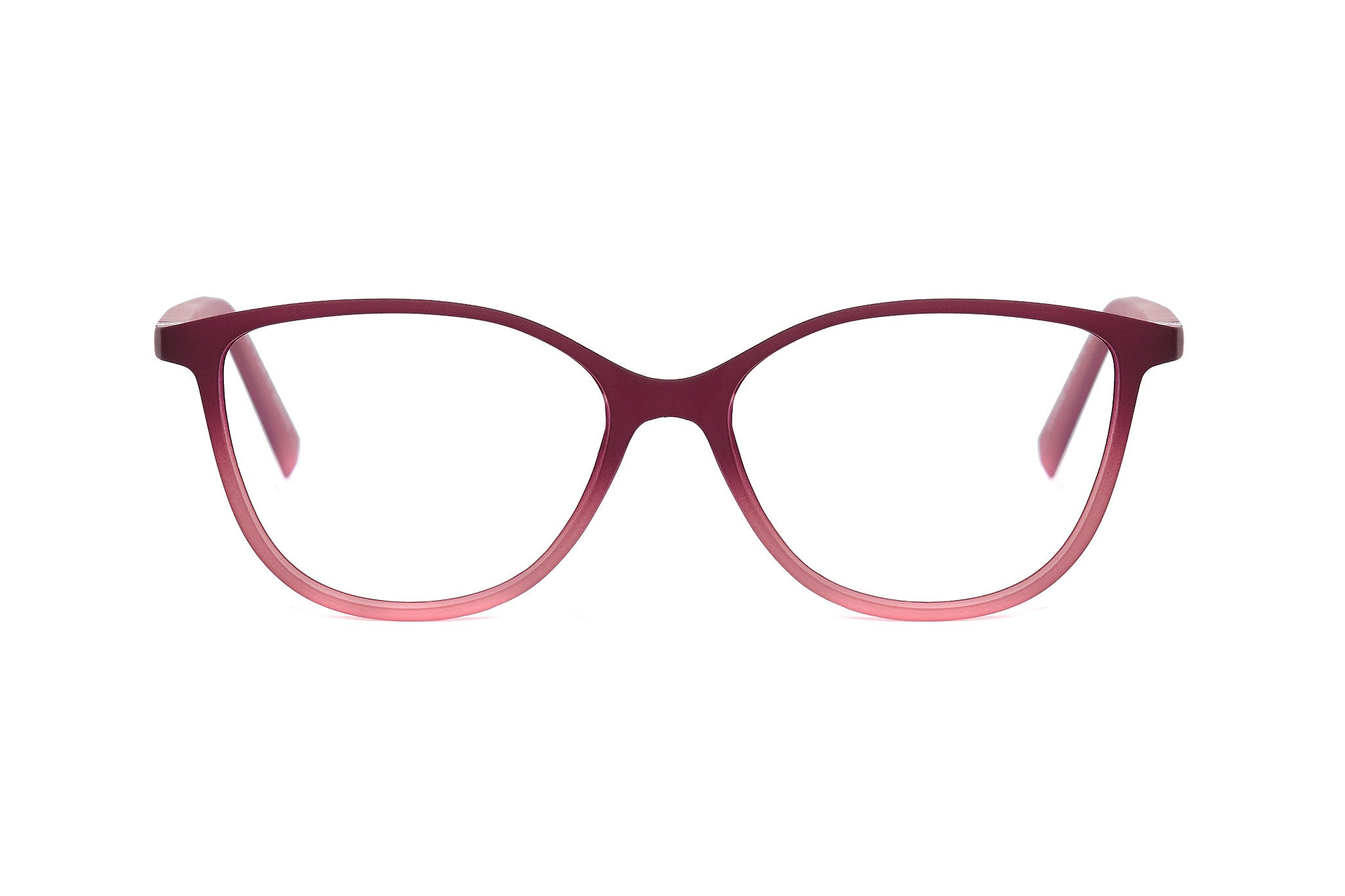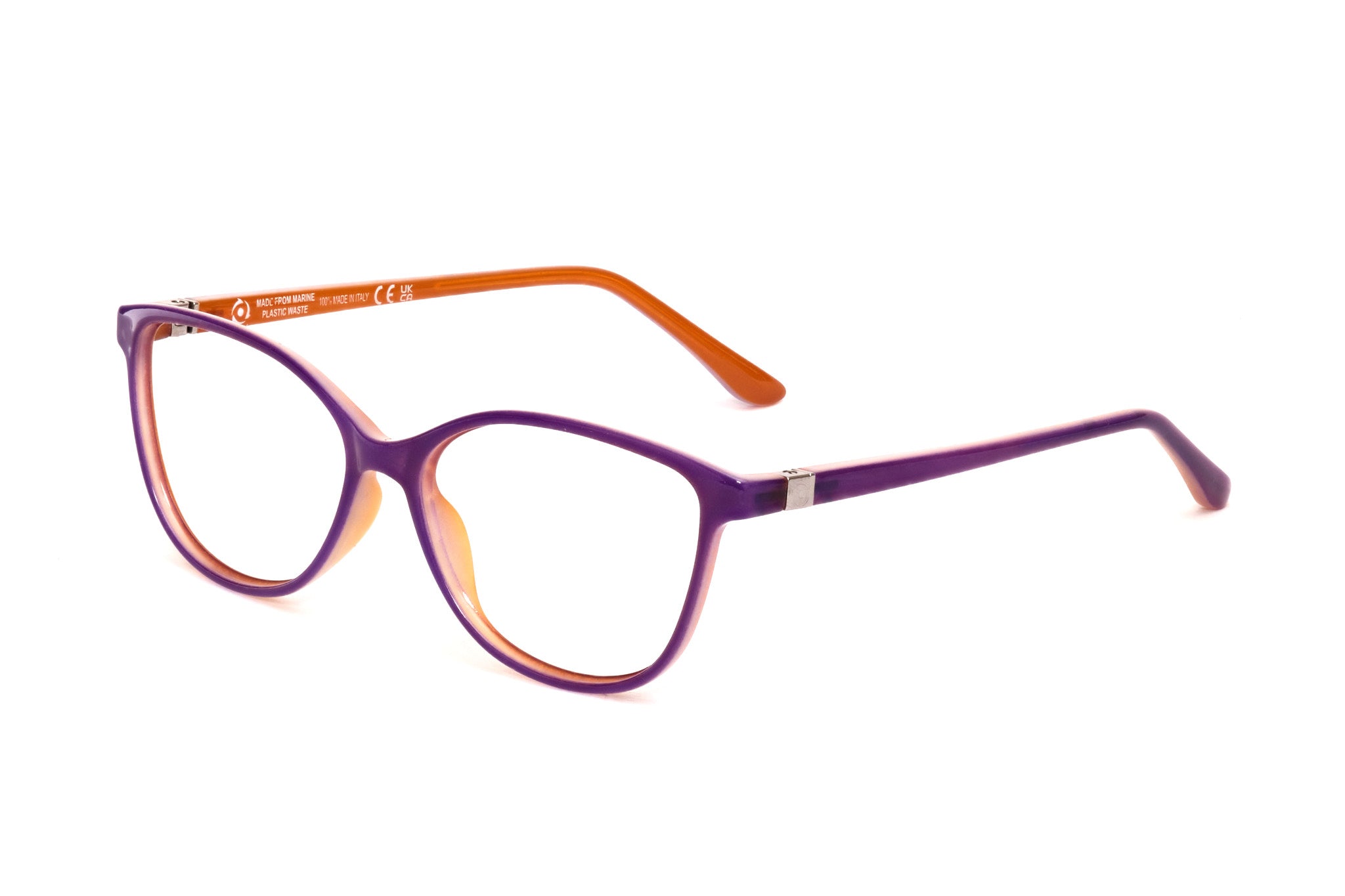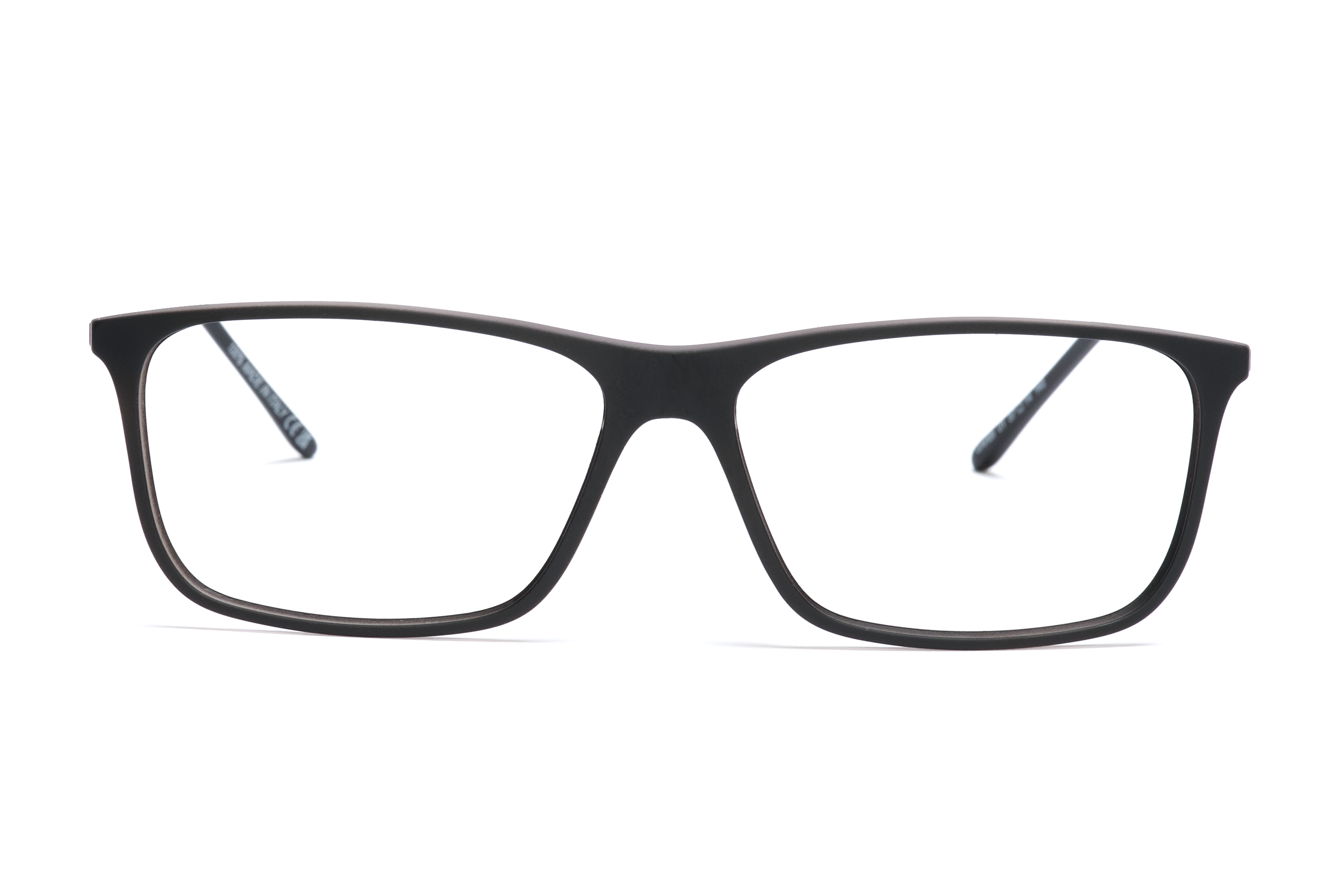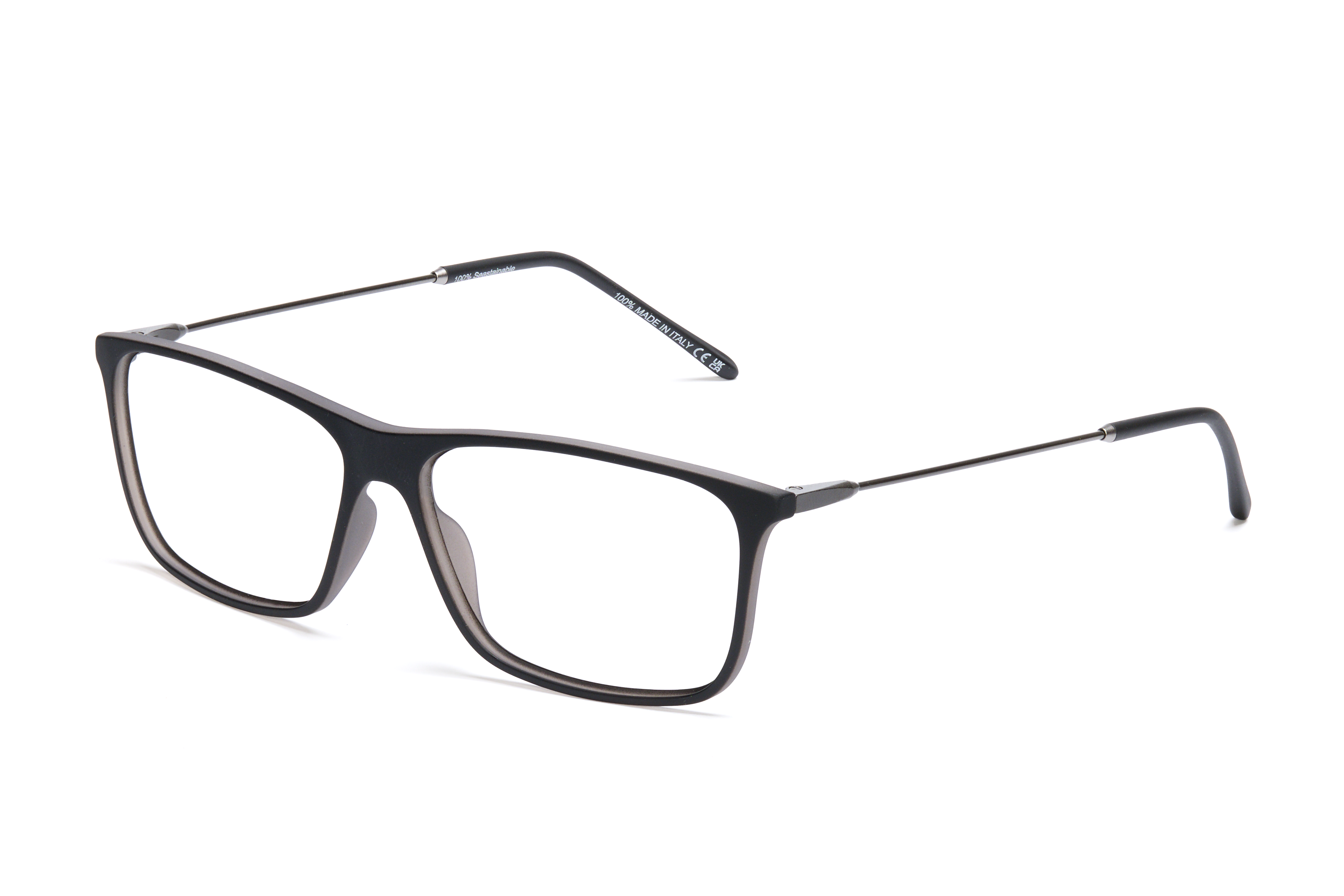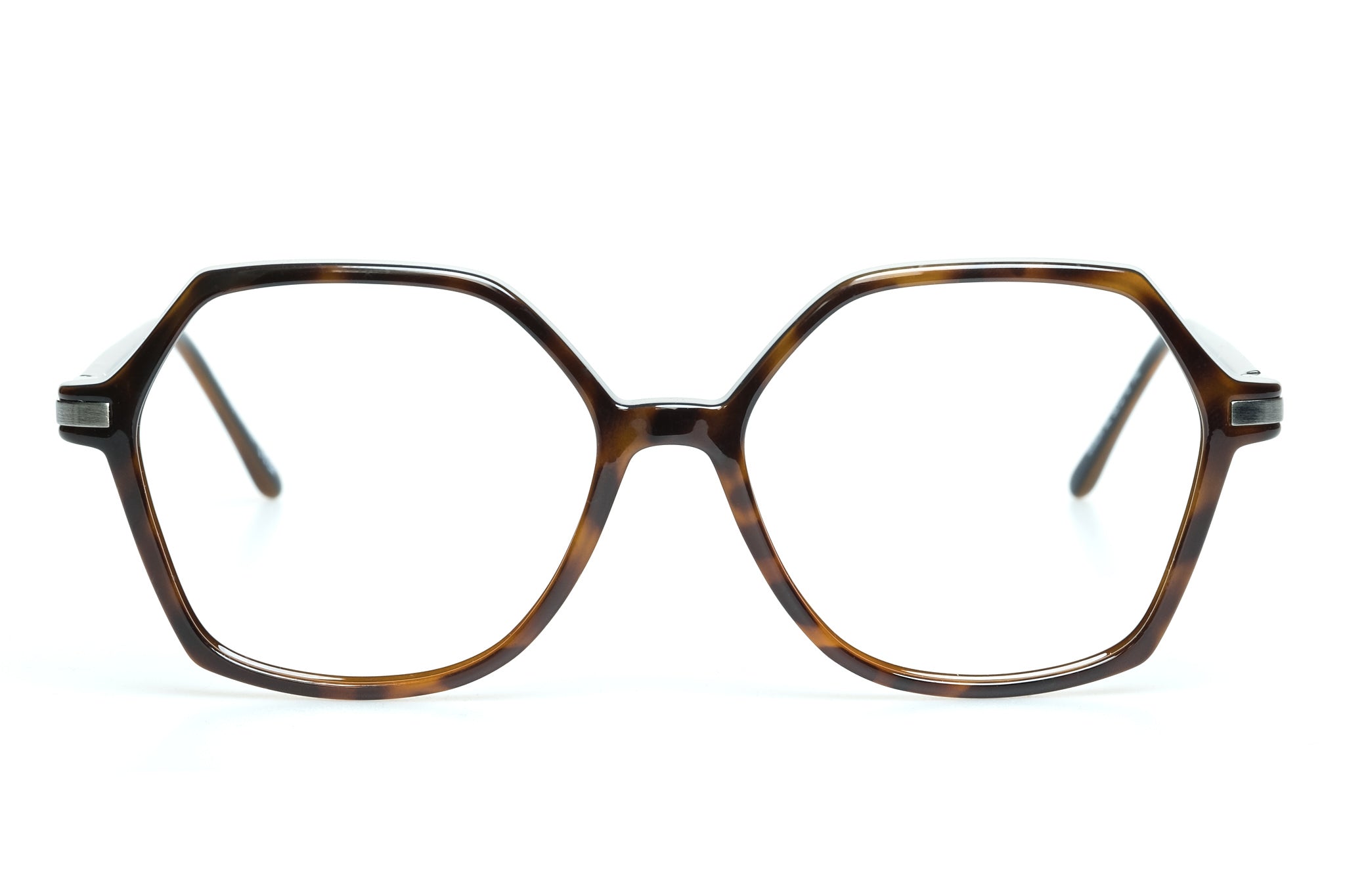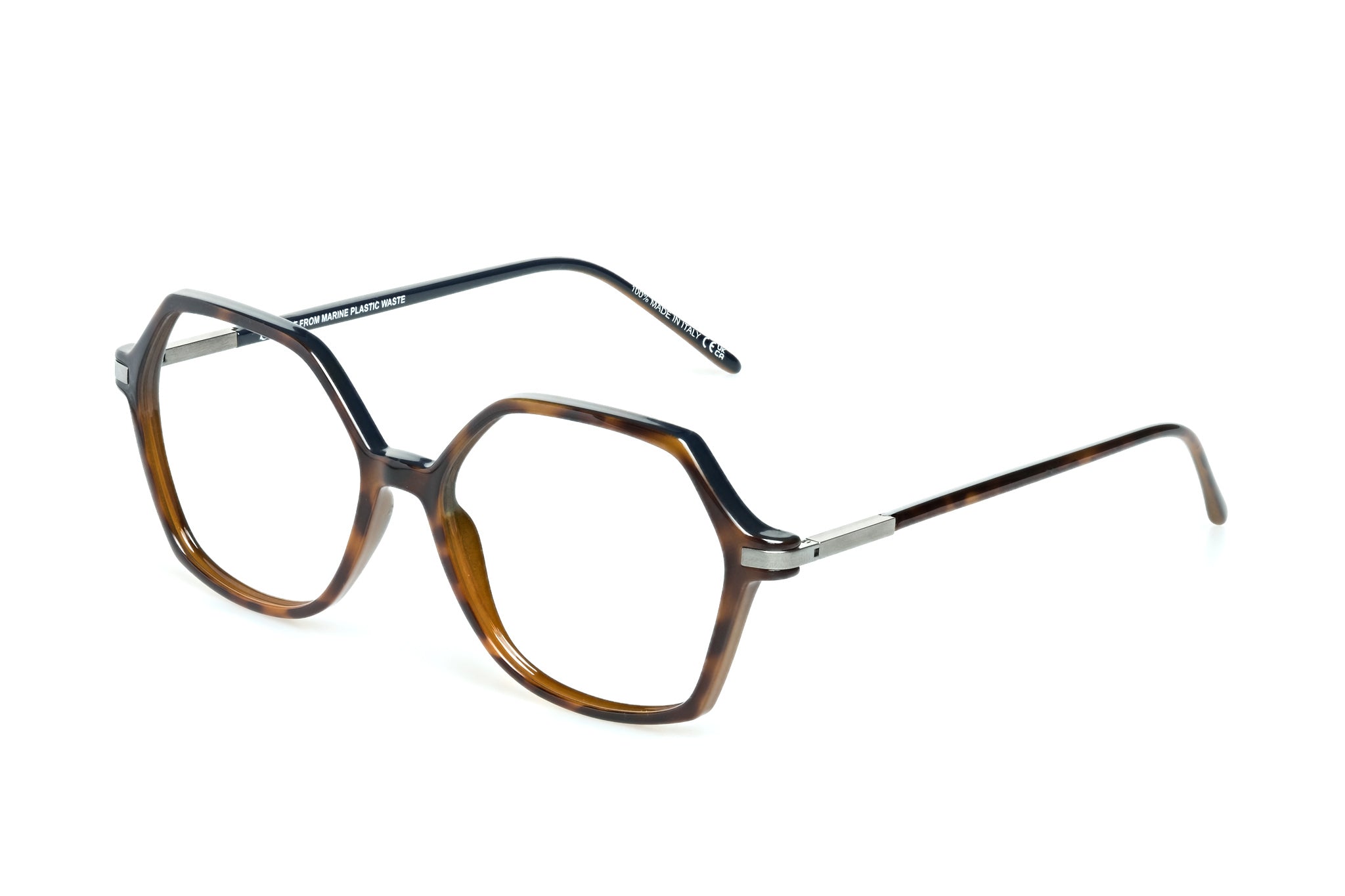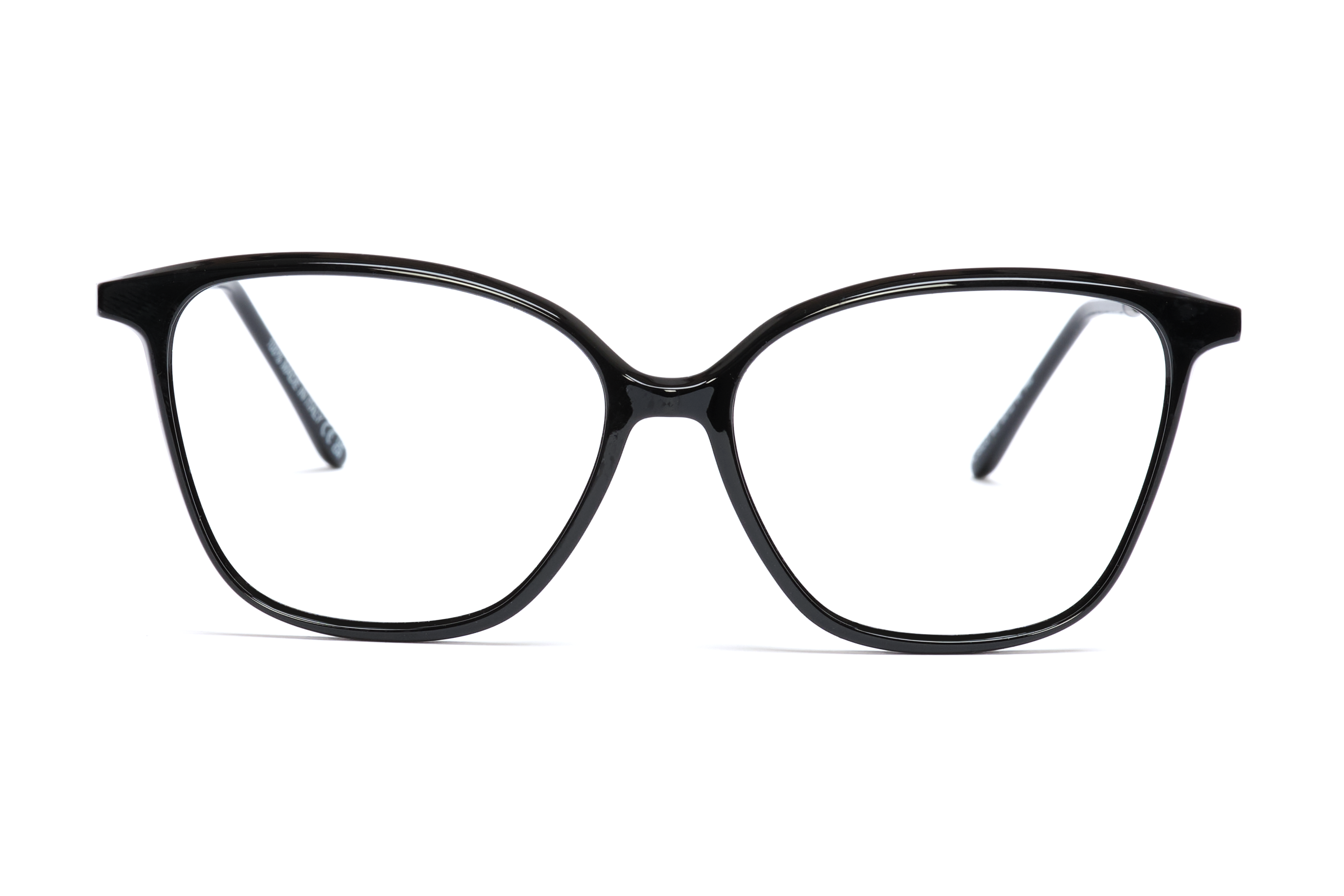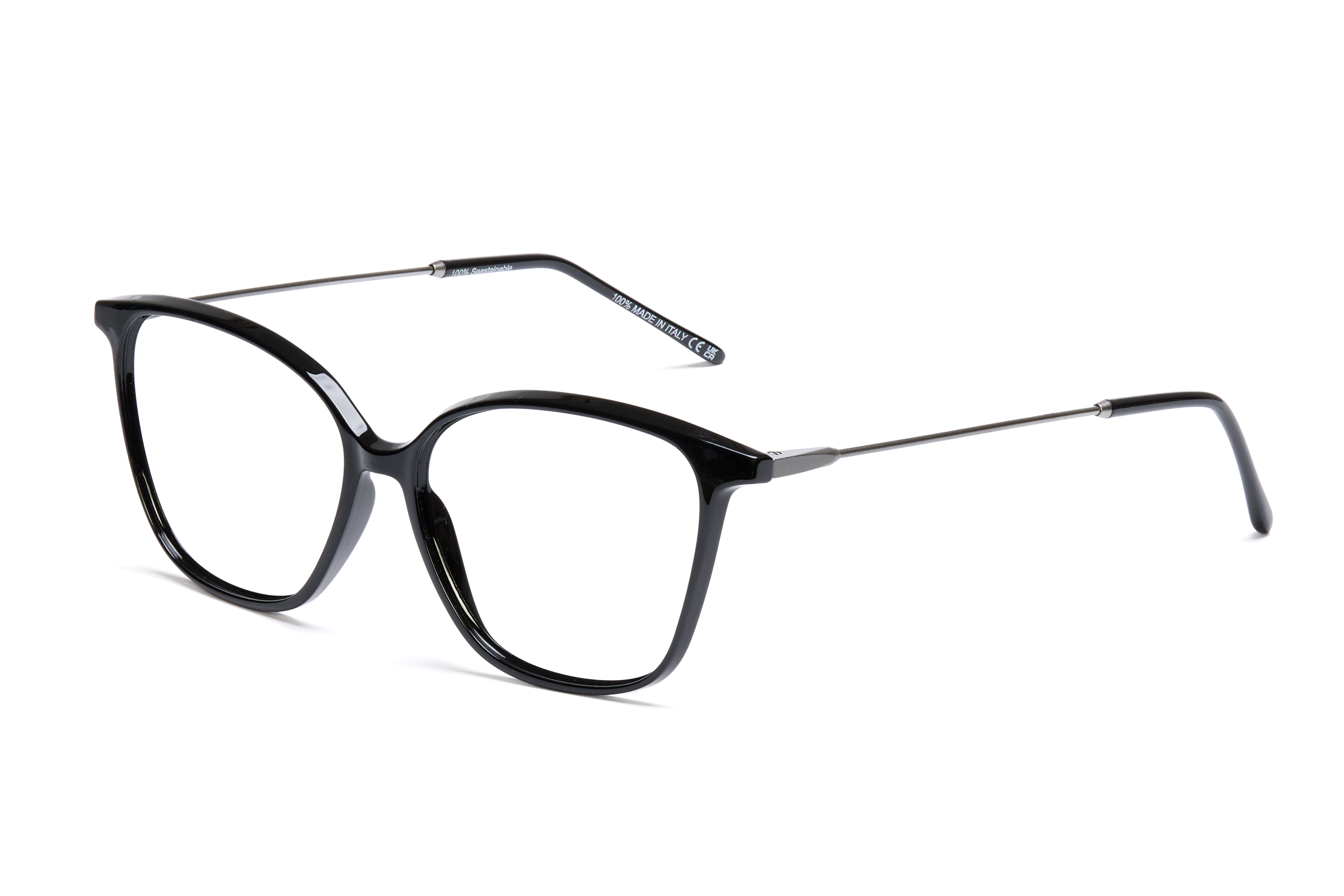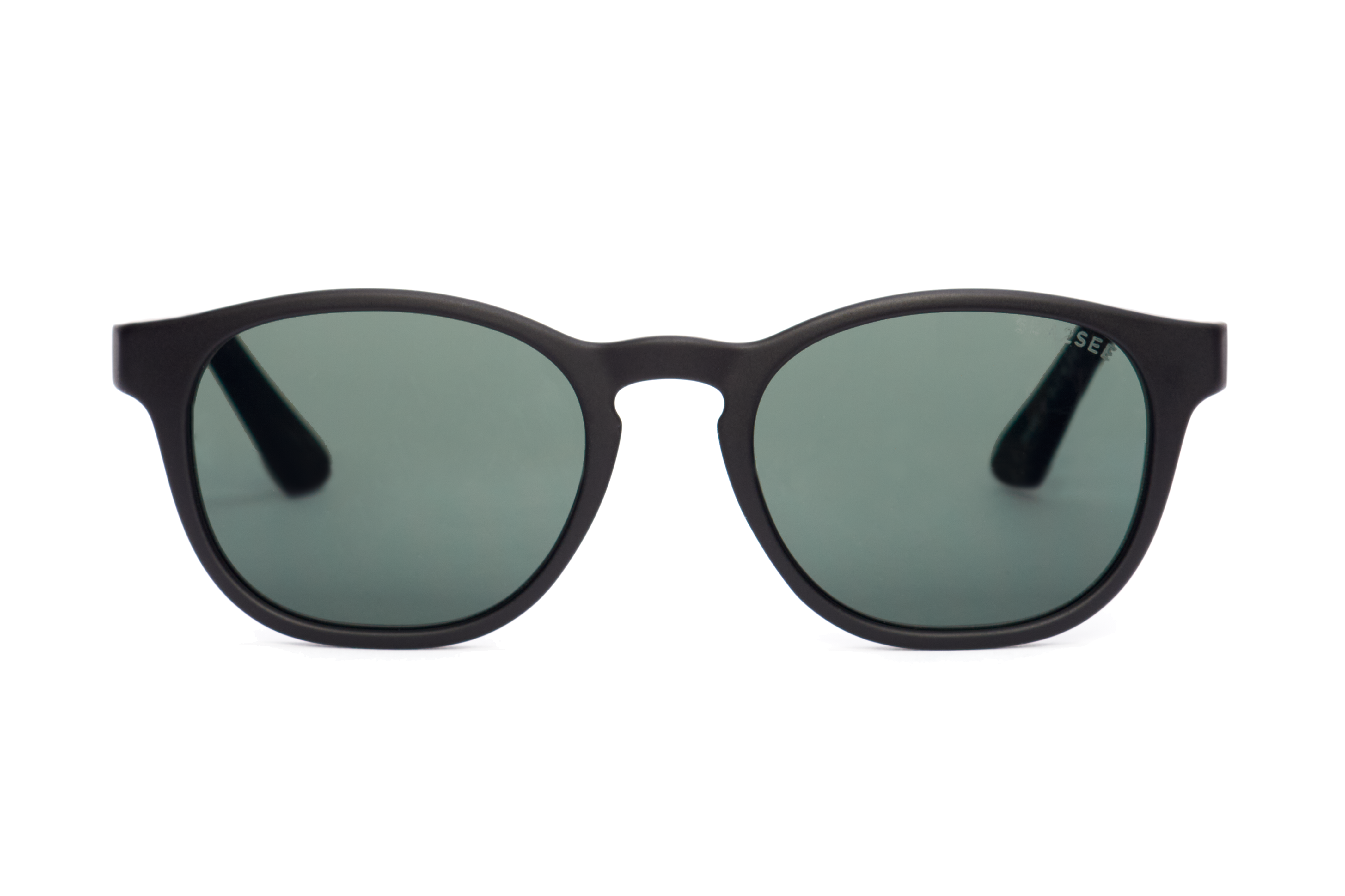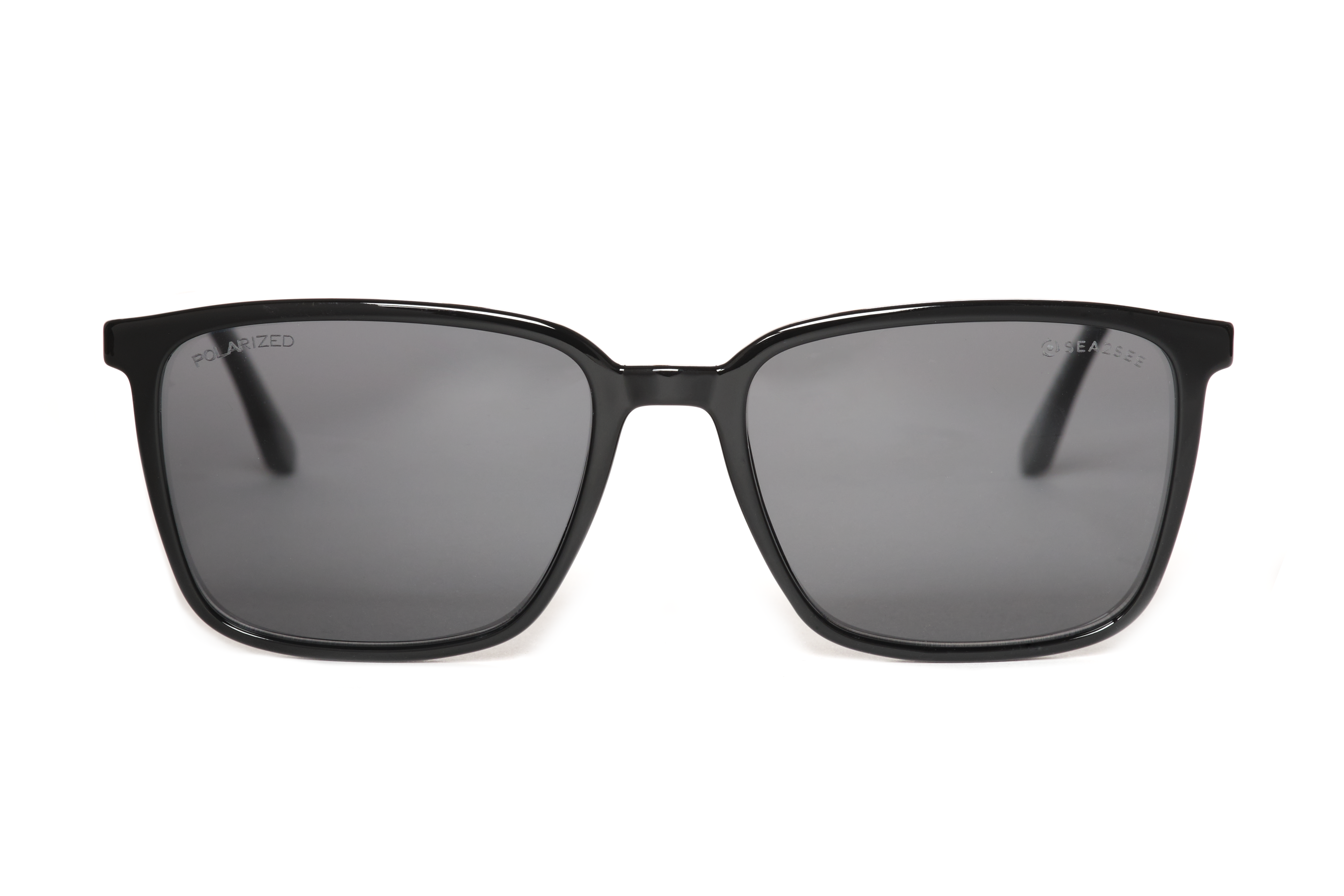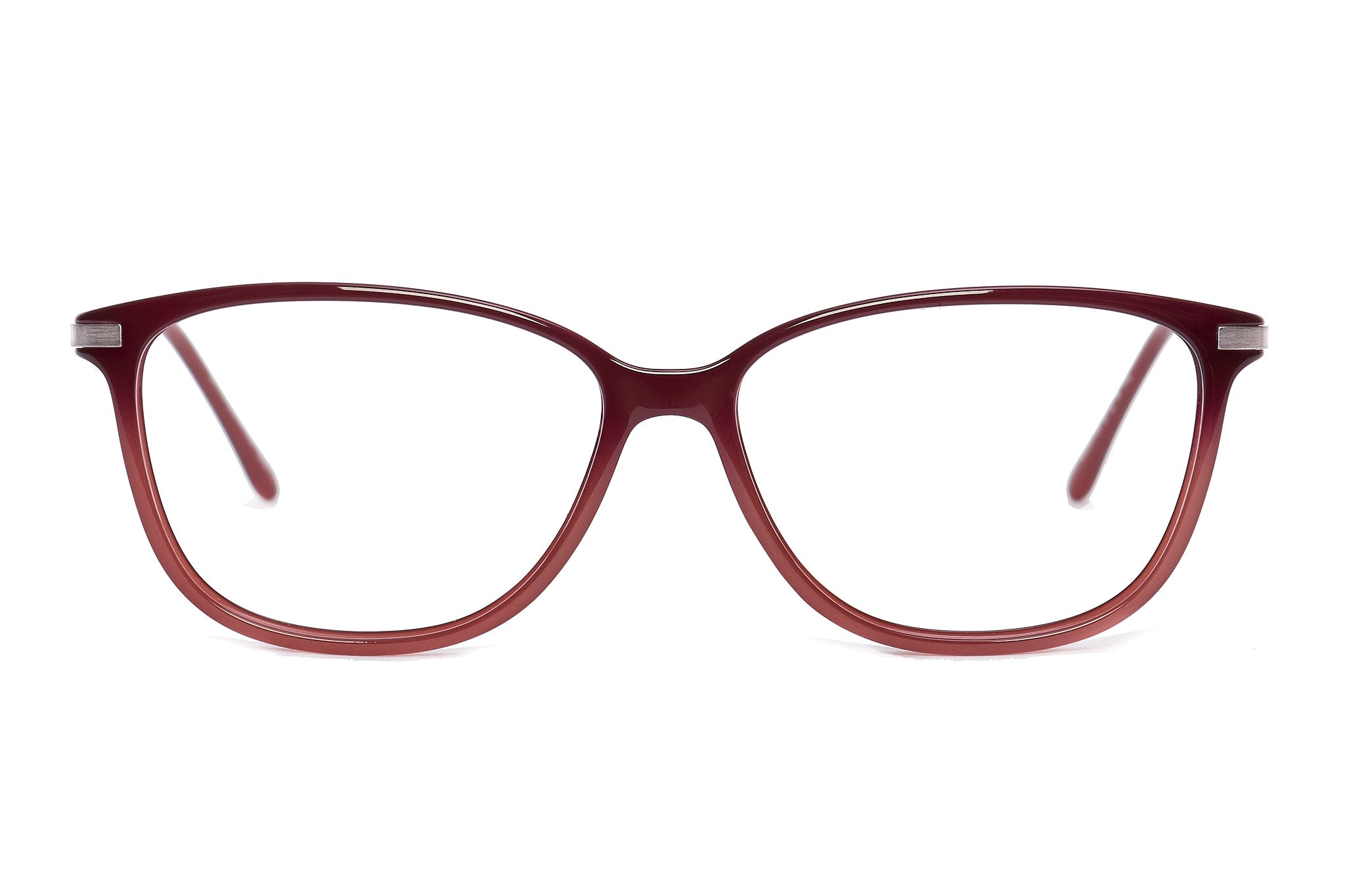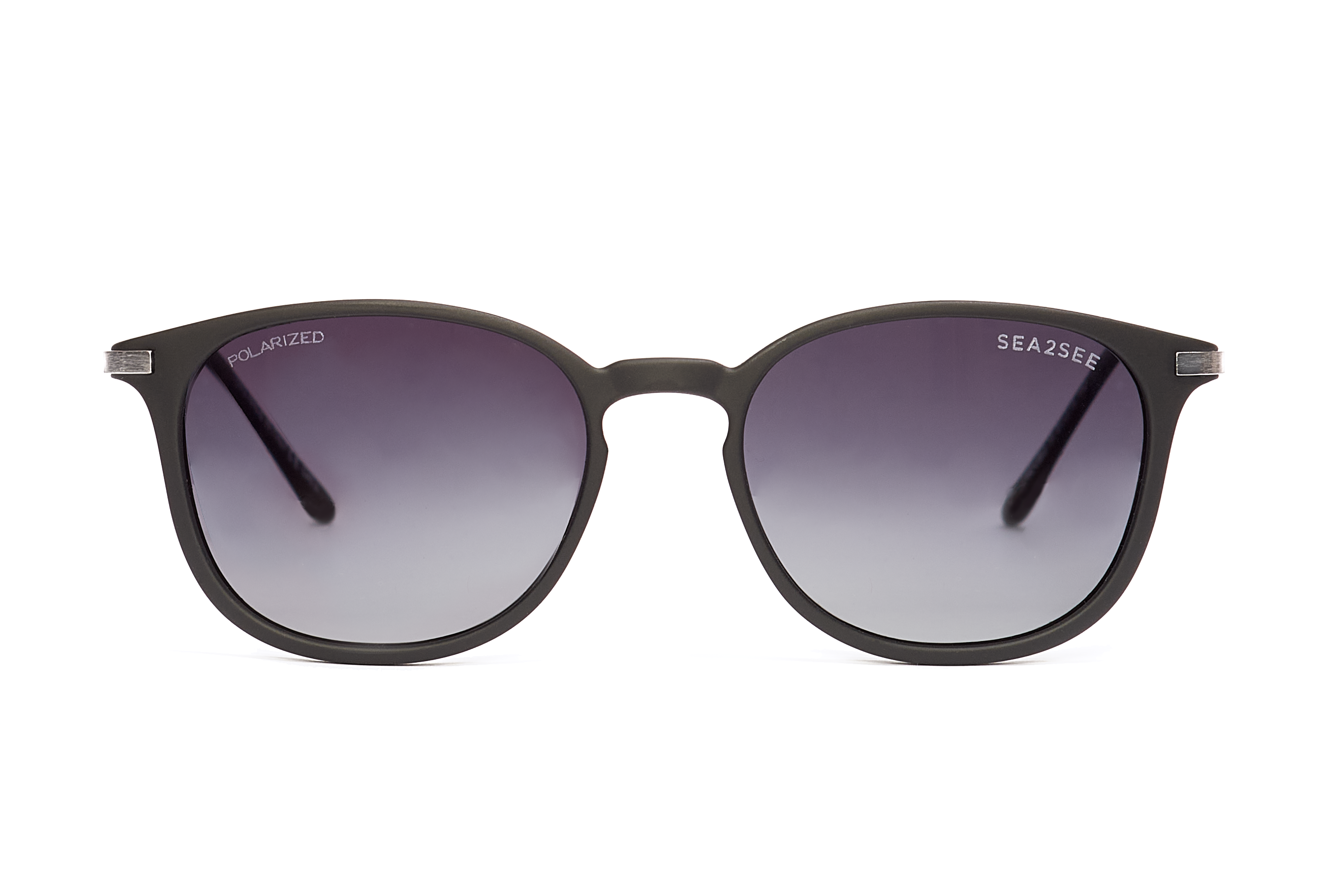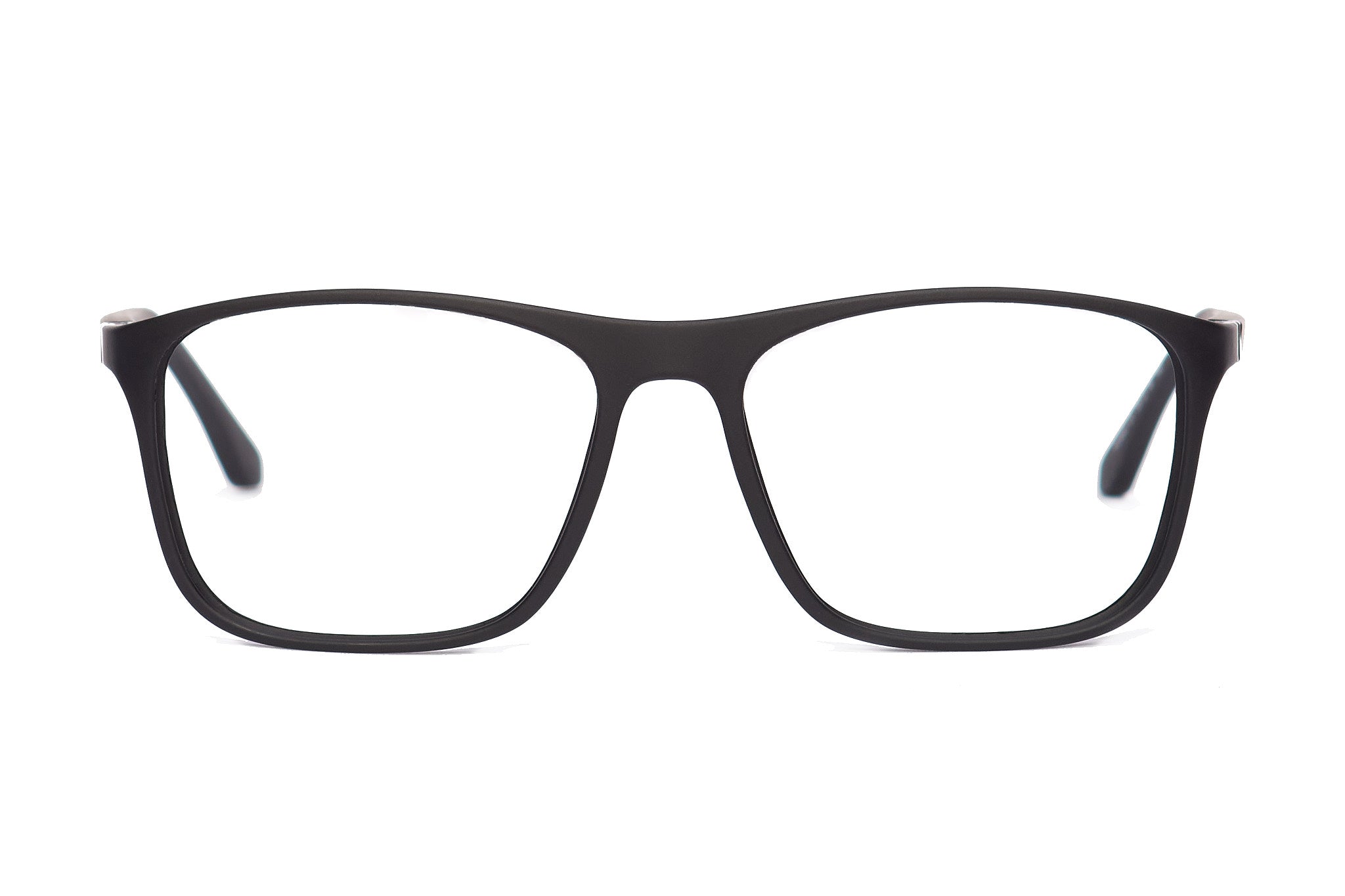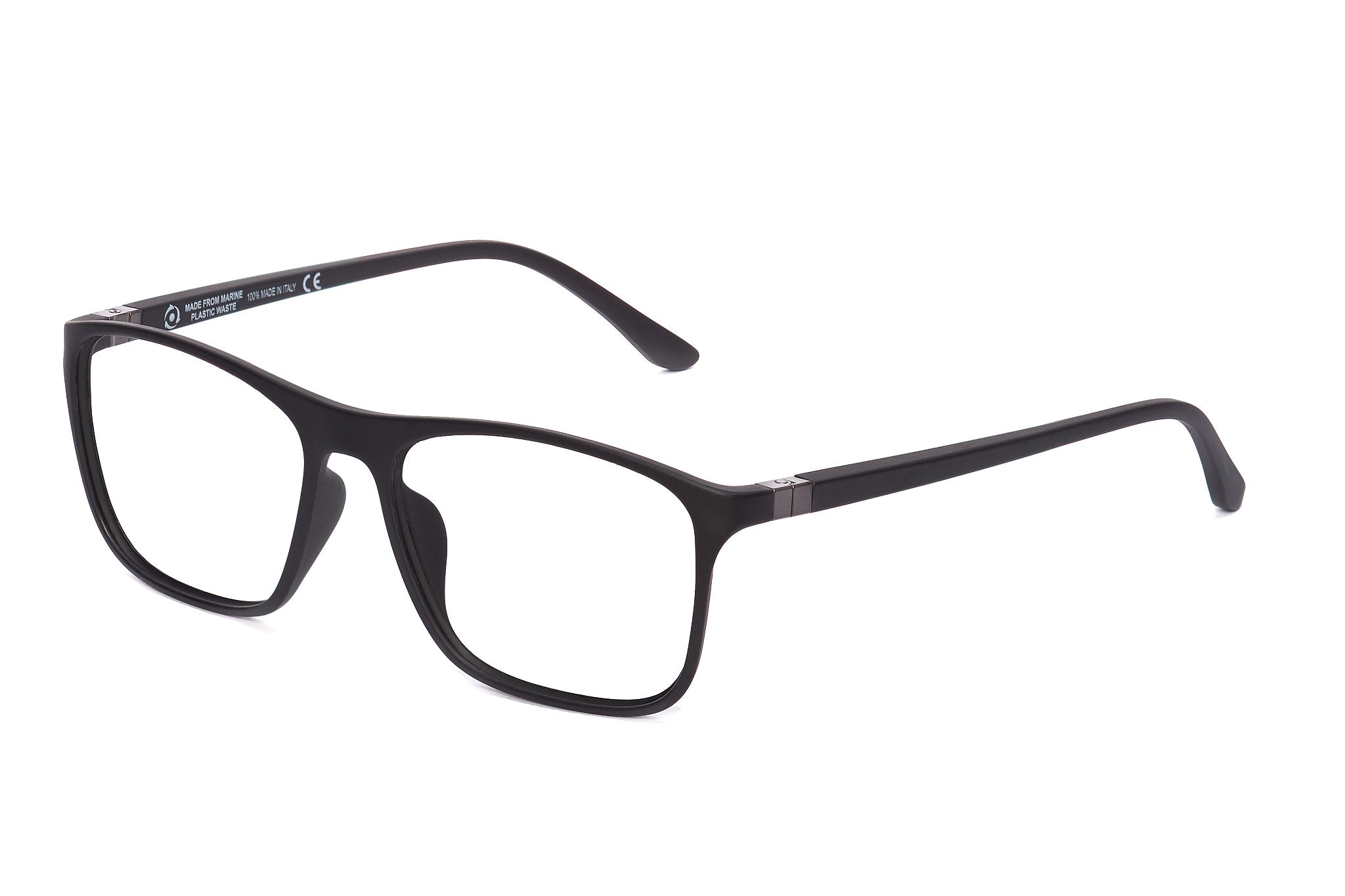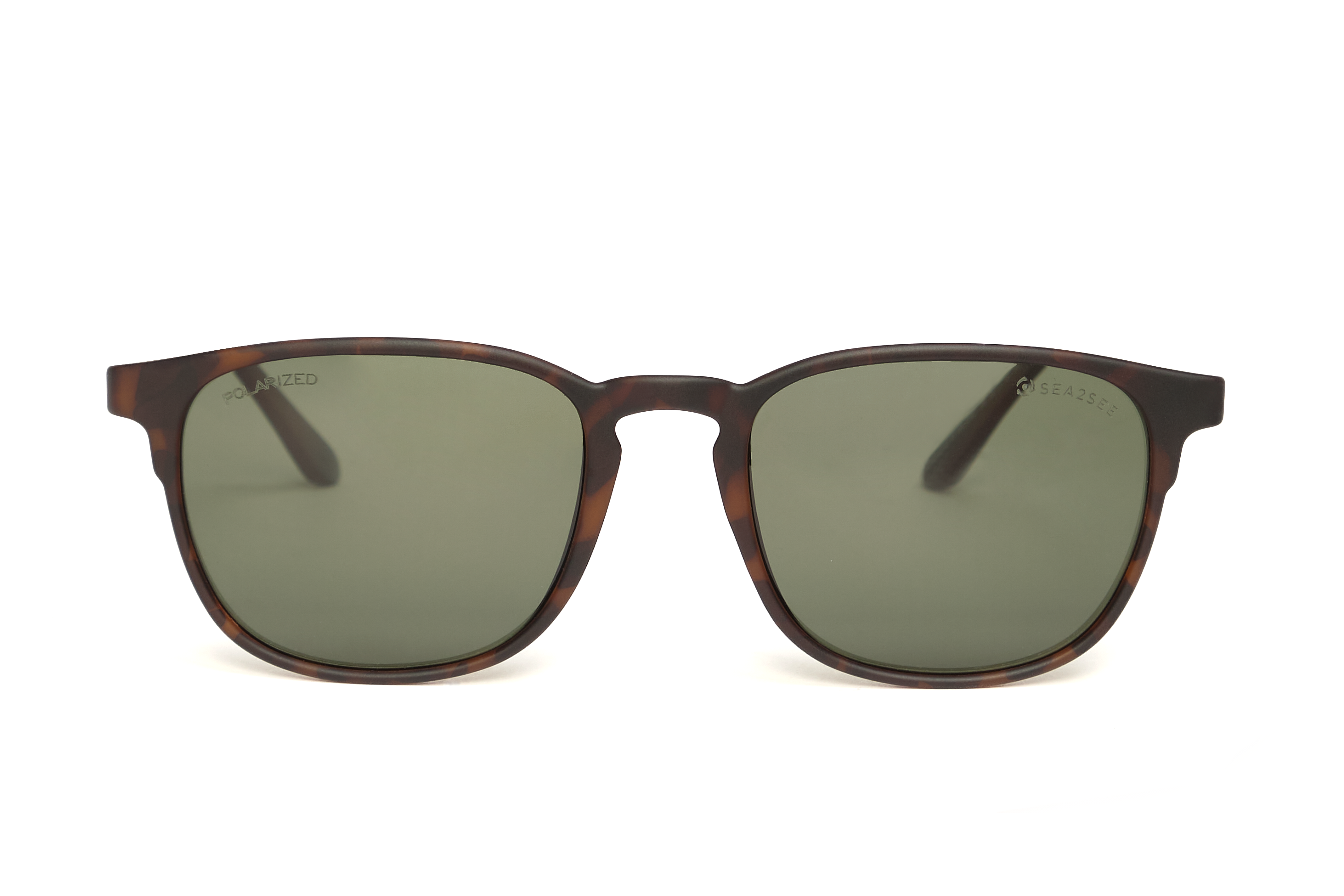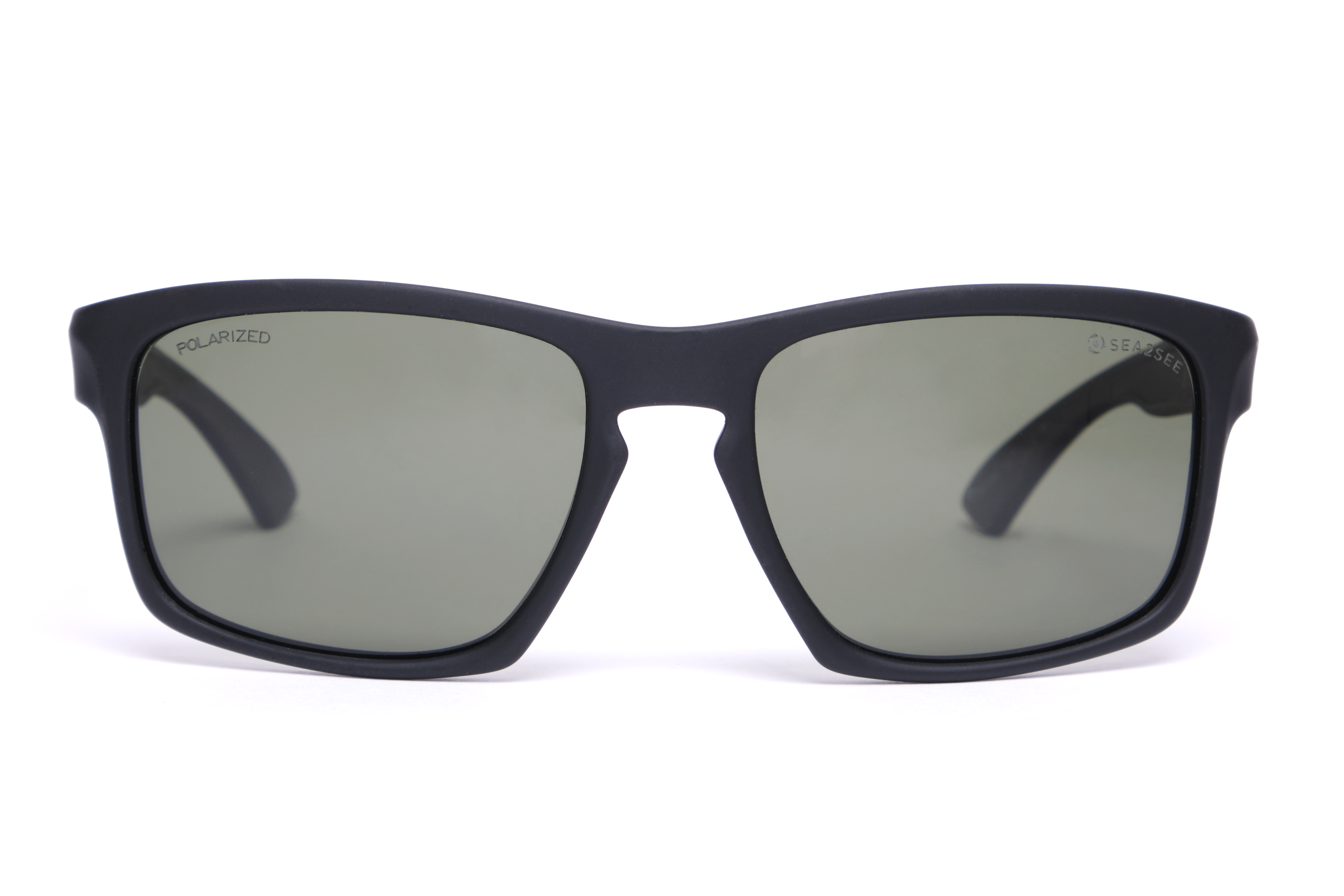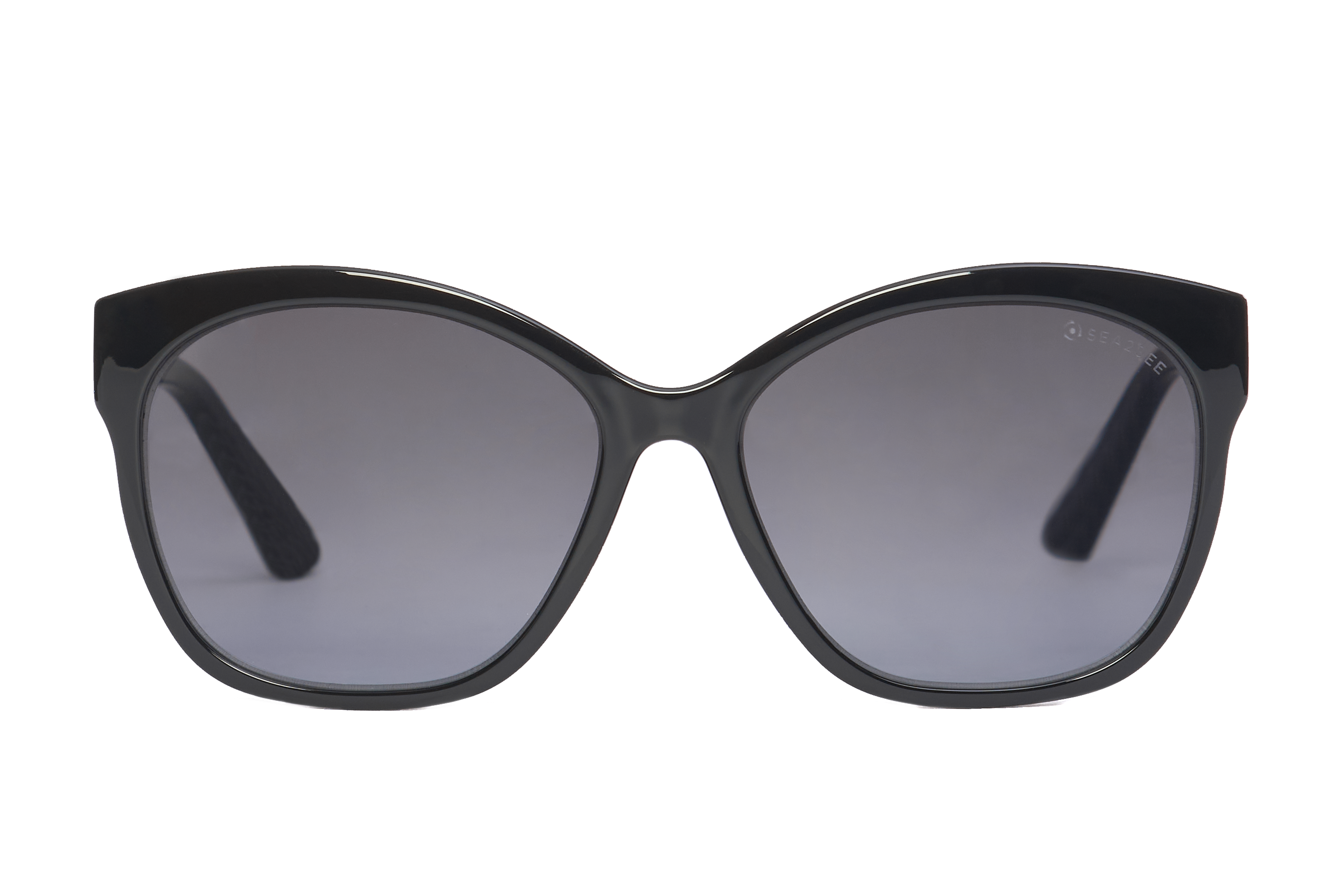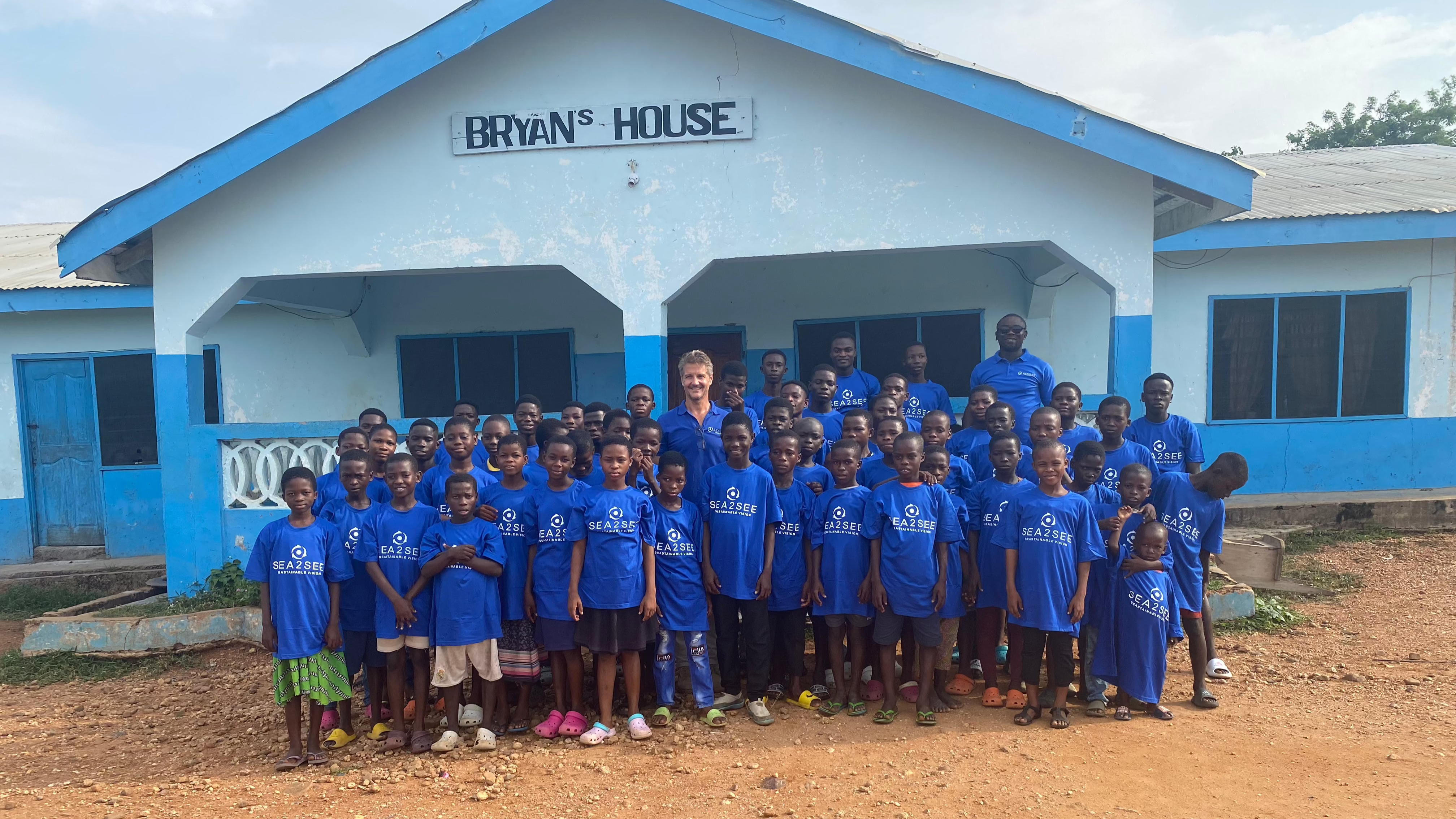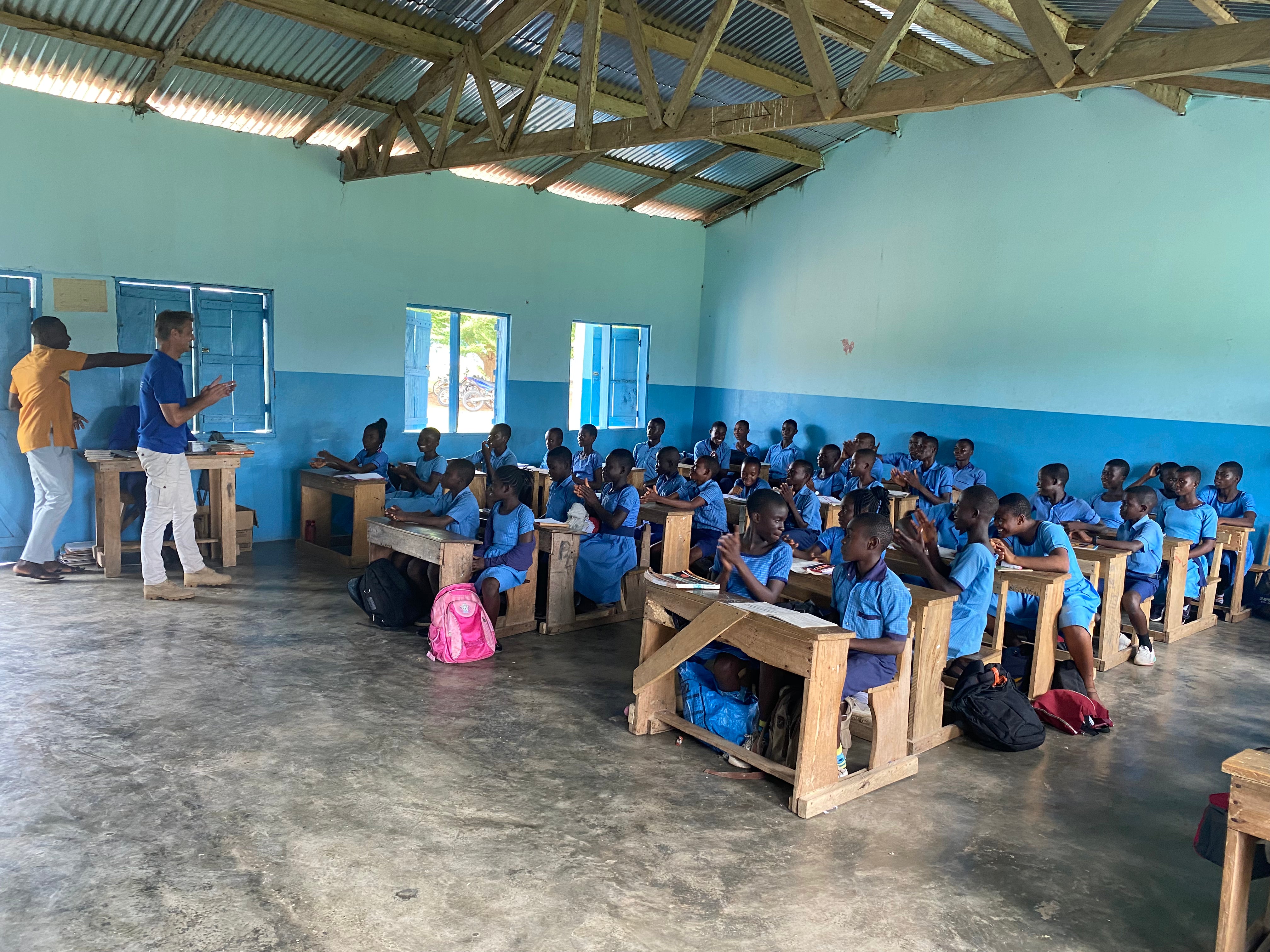SEASTAINABILITY: MERGING SUSTAINABILITY WITH THE SEA
SEA2SEE
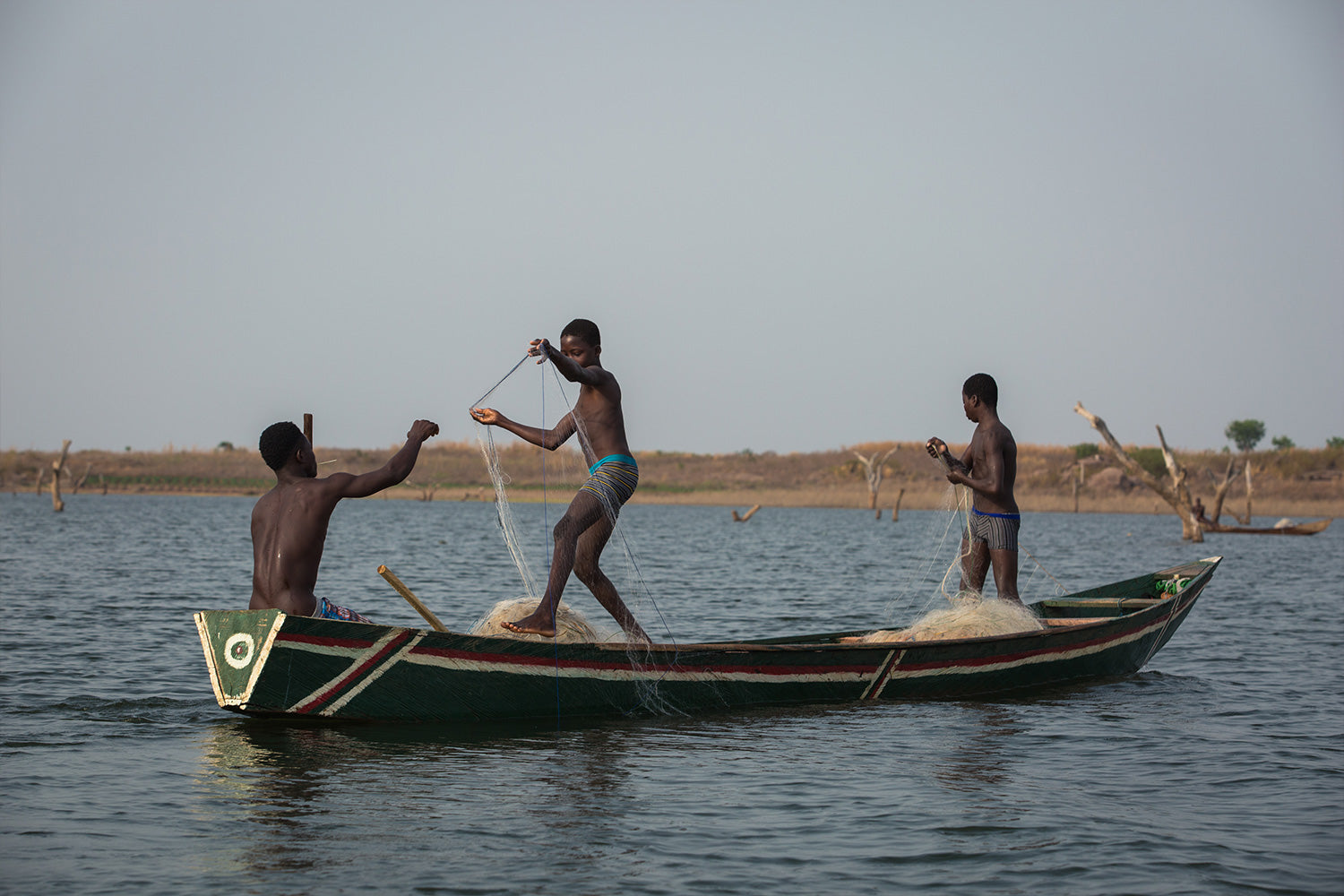
We collaborate with coastal communities and fishermen to recover plastic waste from oceans and shorelines. By turning discarded materials into valuable resources, we prevent marine pollution at its source.
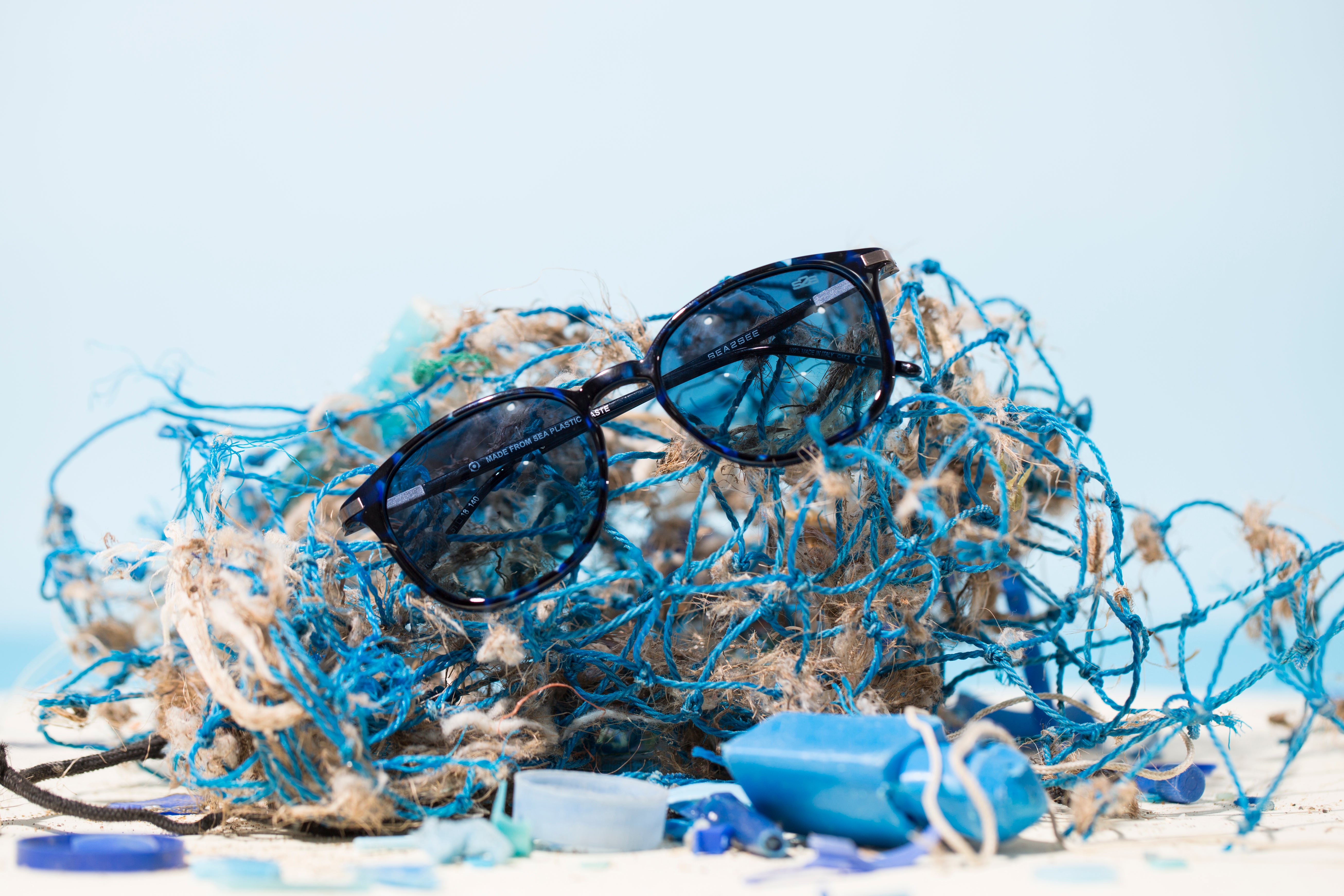
Transforming Waste into Eyewear
Through an advanced recycling process, collected plastic is converted into UPSEA™ recycled plastic, the raw material used to craft our stylish, high-quality eyewear.
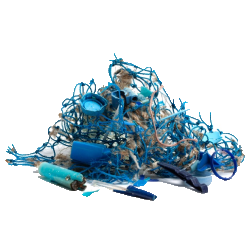
1 FRAME
EACH PURCHASE
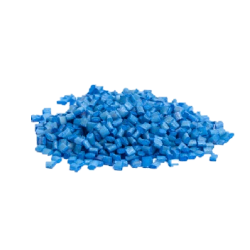
1 KG
MARINE PLASTIC COLLECTED & RECYCLED

240.000 KG
ANNUAL COLLECTION
Sea2See Featured Collection
Please log in to see prices.
The Sea2See Foundation
The Sea2see Foundation is a non-profit that has two main objectives...
1. ENVIRONMENTAL & SOCIAL, Work in collaboration with local communities to preserve coastal and marine environments & raise awareness about plastic contamination.
2. EDUCATION, Support initiatives to rescue children from slavery in the fishing industry and provide them with education.
OUR IMPACT
Preserving our Oceans from Plastic contamination
At Sea2see Foundation our aim is to find solutions to protect marine environments from plastic pollution and contribute to the elimination of marine waste.
1 out of 4 fish contains plastic
Plastic accounts for 90% of all trash floating on the surface of the oceans
255 kg end up in the ocean every second
Reducing marine plastic by empowering coastal communities
The amount of plastic in the ocean is expected to double in the next 15 years, and by 2050, there could be more plastic in the ocean than fish (by weight).” The people most affected are those in marginalised coastal communities of the developing world.
Empowering them to take part in our cleanup provides them with a new source of income. Our cleanup collaborations remove marine waste from beaches, lakes, rivers, ports, and intercept ocean-bound plastics from coastal communities.




